The Chinese authorities in Tibet have published instructions on their state run news website not to share illegal content on their micro messaging app, WeChat. According to the instruction published weeks ago, Tibetan nationals have been warned of punishment up to 8 years imprisonment for share news related to Hong Kong on WeChat.
The publication of instructions issued through a state run media website has sternly warned the Tibetans in the Qinghai province of Tibet of punishment of up to 8 years imprisonment for sharing illegal information on the WeChat. According to the publication, activities deemed illegal include sharing sensitive political information, believing and sharing rumours, sharing news about Taiwan, Macao and Hong Kong before officially reported by state media, and participating in democratic activity like canvassing.
“The Chinese government has told citizens of Qinghai province in north eastern Tibet they could face up to eight years in prison if caught sharing illegal content on a popular communications app called WeChat.” said the report by Free Tibet.
Tibetans under control of Chinese authorities have been subjected to serious repression. In addition to filtering the content of subject studies at the schools and monasteries, Tibetans are forced to display the portraits of Mao and Xi Jinping on the altars of their prayers rooms, replacing the traditional religious custom of displaying the portraits of their spiritual gurus like His Holiness the Dalai Lama.
In addition to that, in yet another incident, a Tibetan man from Sichuan province was arrested for sharing a picture of His Holiness the Dalai Lama on WeChat. More than 1.7 million anti-government protesters gathered in Hong Kong to rally peacefully against the Chinese government a now-withdrawn bill that would allow criminal suspects in Hong Kong to be extradited to mainland China.
The unrest has been fueled by broader worries about the erosion of freedoms guaranteed under the “one country, two systems” formula put in place after Hong Kong’s return to Chinese rule in 1997, including an independent judiciary and right to protest, according to the report.
Image used is only for representation purpose only

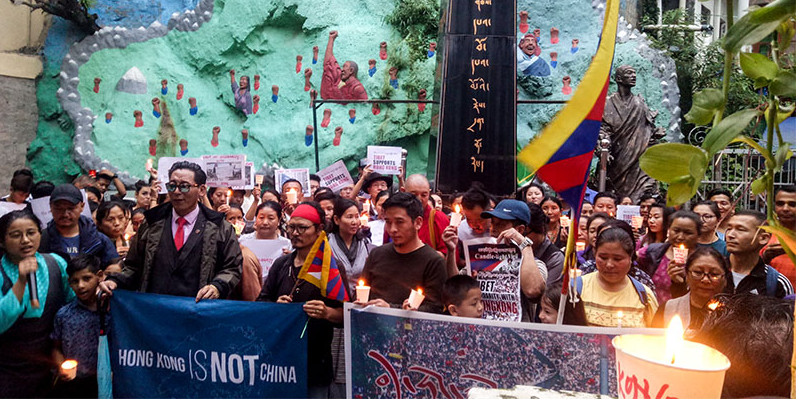
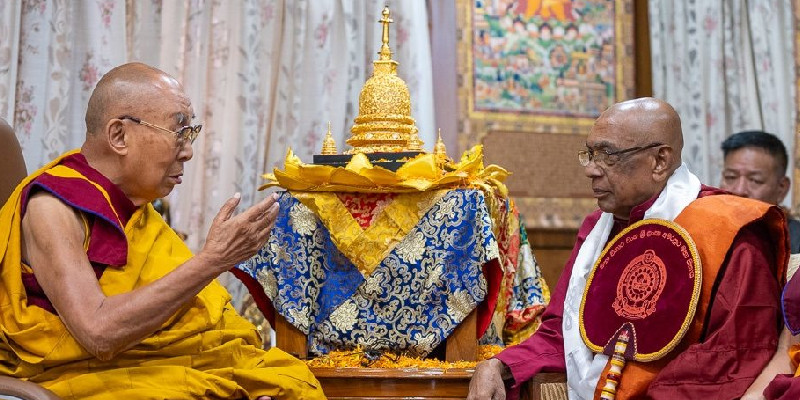
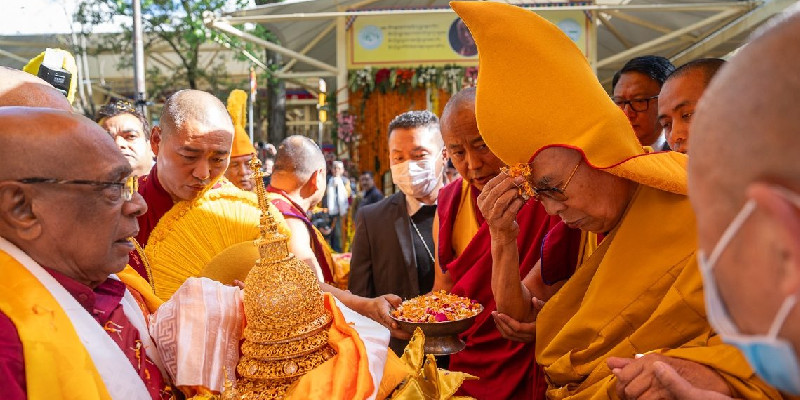
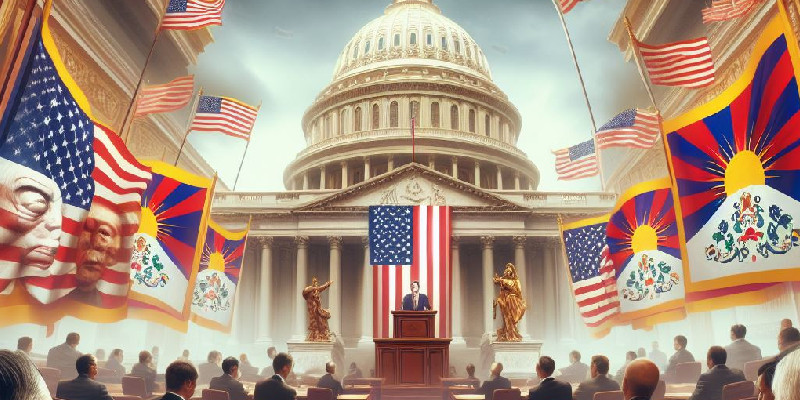

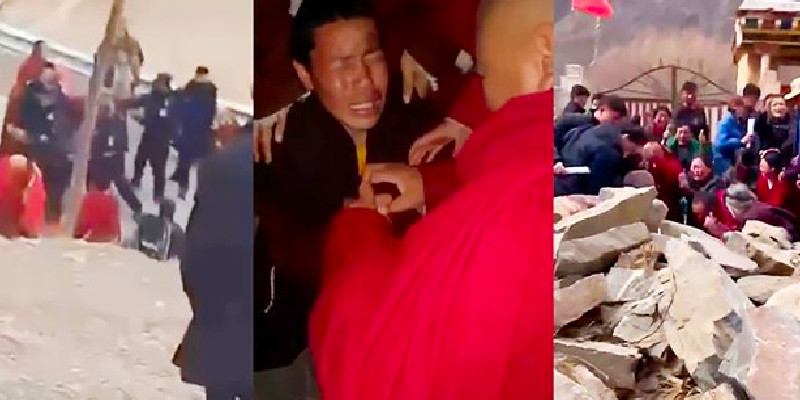
Leave a Reply